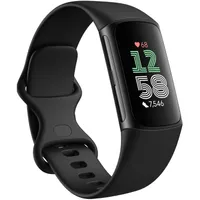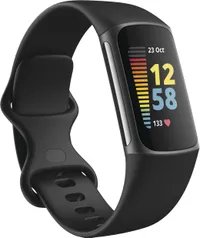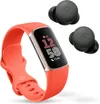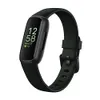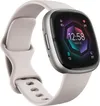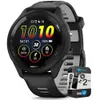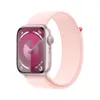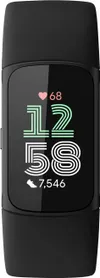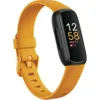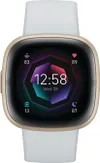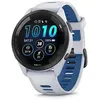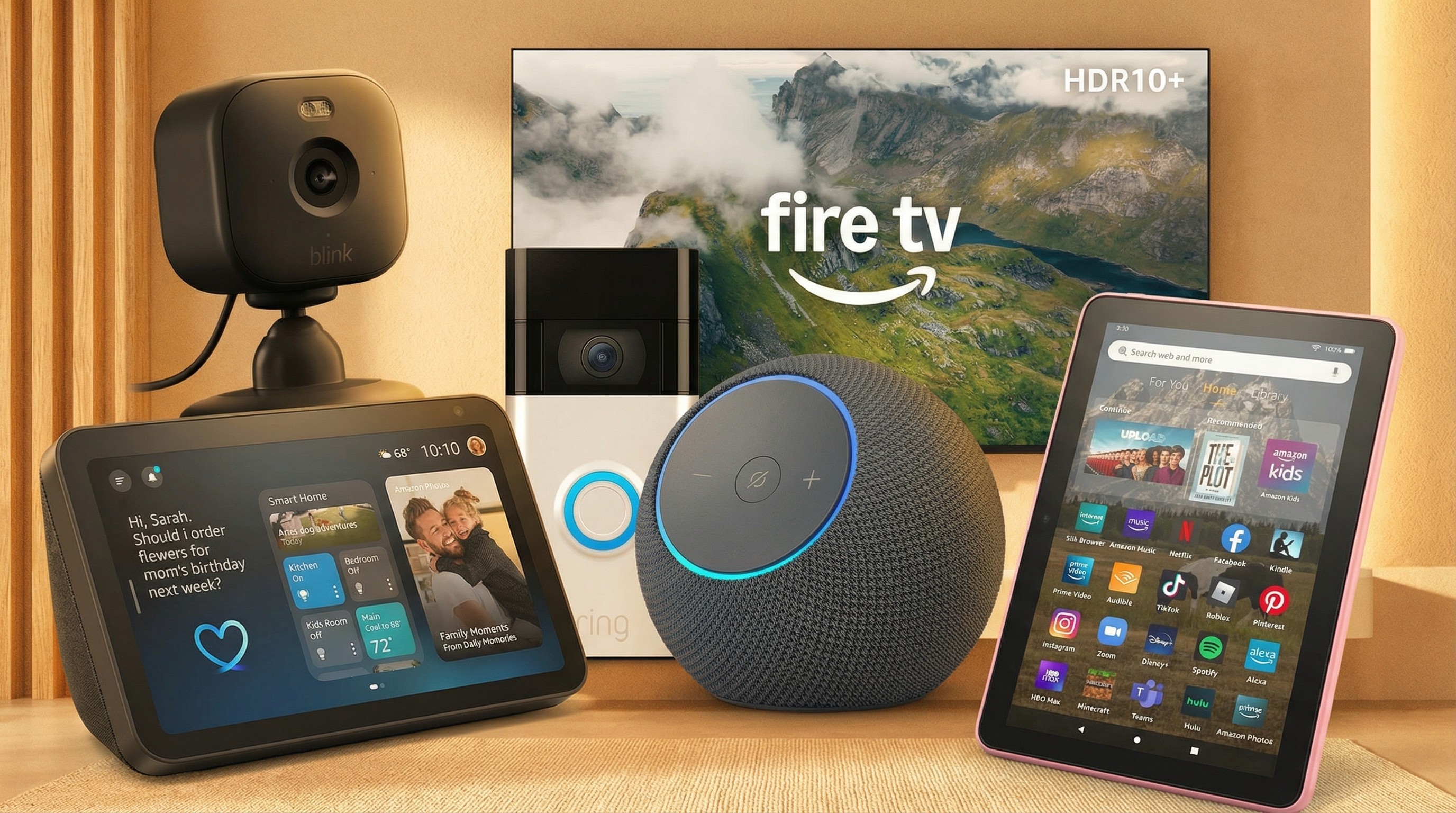I walked 3,300 steps with the Fitbit Charge 6 and Fitbit Charge 5 — here's the winner
Step accuracy test: Fitbit Charge 6 vs. Fitbit Charge 5
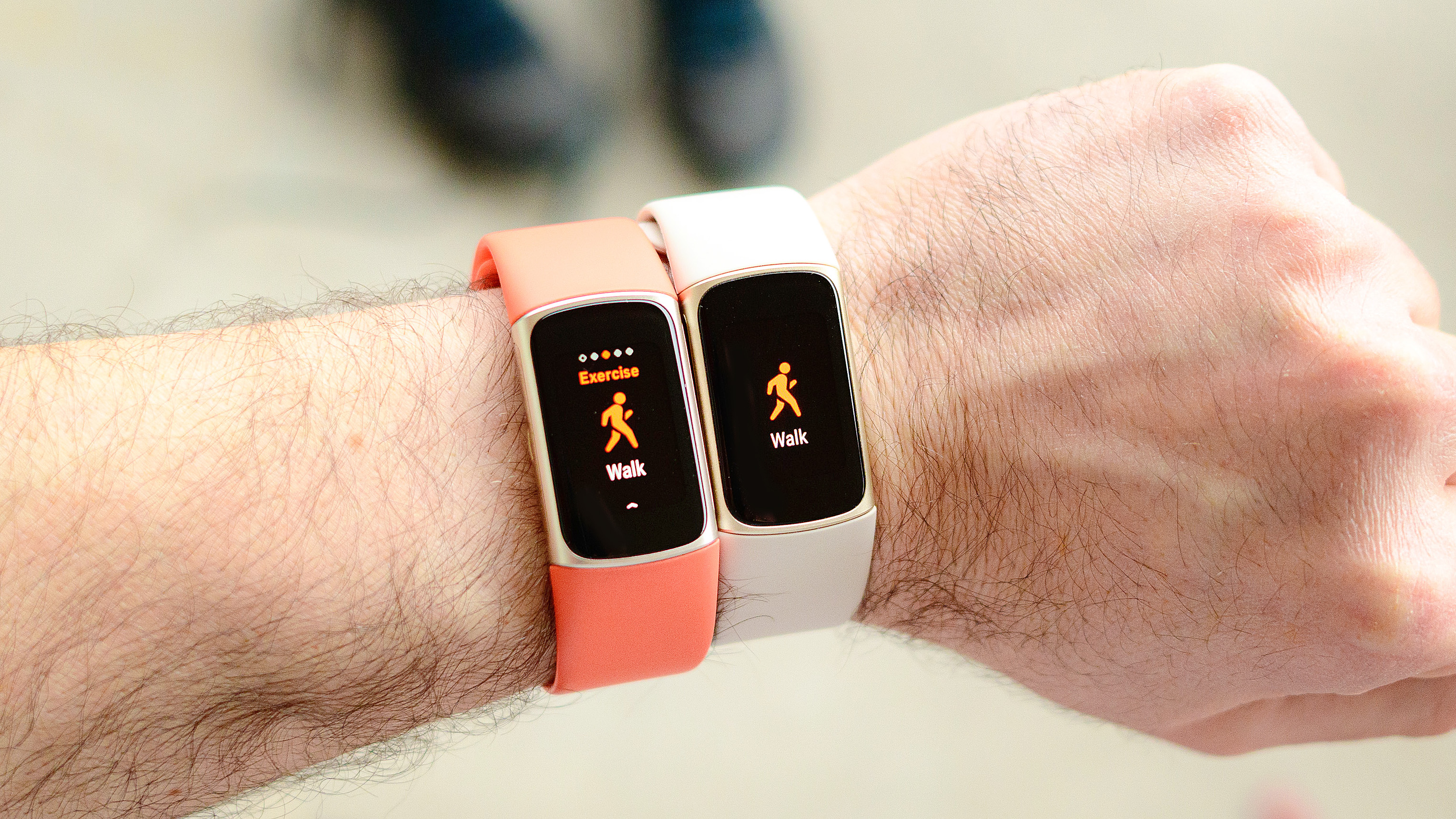
The Fitbit Charge 6 is the best fitness tracker for most folks in 2024, but what about its predecessor, the Fitbit Charge 5 which can often be found at a discounted price? The two devices look quite similar and share a lot of features and tech — here's a closer analysis of how they compare — the question is, which counts steps with better accuracy?
Both have an onboard GPS and accelerometer to keep tabs on location and movement and both provide a useful buffet of post-workout metrics, including pace, max and average heart rate, calories burned and of course, steps taken.
Fitbit Charge 6: $138 @ Walmart
The Fitbit Charge 6 is the best fitness tracker for most people in 2024 thanks to a simple user interface, accurate onboard GPS, lots of useful health-tracking tech and a crisp display that's easy to read, even in direct sunlight. The device also supports Google Maps and Google Wallet.
Fitbit Charge 5: $128 @ Amazon
Fitbit's previous generation Charge device remains a popular option, especially if you can find one on sale for closer to $100. You're still getting onboard GPS, a solid suite of health and fitness tracking tech, support for mobile payments and more in a slick, lightweight and easy-wearing package with respectable battery life.
Fitbit Charge 6 vs. Fitbit Charge 5 — step accuracy test
To find out how the Fitbit Charge 6 and Fitbit Charge 5 compare when it comes to step count accuracy, I strapped a device to either wrist — the Charge 6 on the left, the Charge 5 on the right — and set out on a lovely late afternoon walk around my neighborhood.
As a control, I manually counted my steps for the walk's duration, clicking an old-school tally counter once for every one hundred steps taken. For distance, I used the Google Maps measuring tool post-walk, plugging in my exact route.
After 3,300 steps — a third of my daily total goal — here's how the data captured from these two similar wearables compares:
Fitbit Charge 6 vs. Fitbit Charge 5 – the results
| Header Cell - Column 0 | Fitbit Charge 6 | Fitbit Charge 5 | Control |
|---|---|---|---|
| Steps | 3,319 steps | 3,325 | 3,300 steps (manual count) |
| Distance | 1.53 miles | 1.92 miles | 1.68 miles (Google Maps) |
| Average pace | 23 mins, 37 secs per mile | 18 mins, 3 secs per mile | n/a |
| Calories burned | 266 calories | 273 calories | n/a |
| Average heart rate | 121 bpm | 121 bpm | n/a |
| Maximum heart rate | 147 bpm | 148 bpm | n/a |
Both the Fitbit Charge 5 and 6 were within 25 steps of my actual total count. This doesn't surprise me all that much given Fitbit's reputation for accuracy in this department. However, the Charge 6 was six steps closer than the Charge 5, or just 19 paces over the total.
Google Maps placed my total distance covered at 1.68 miles which makes the Charge 6 under by 0.15 miles and the Charge 5 over by nearly a quarter mile. The Charge 5 also seemed to think I walked at a faster pace than its sibling, despite taking roughly the same number of steps.
Get instant access to breaking news, the hottest reviews, great deals and helpful tips.
While a speed of just over 18 minutes per mile from the Charge 5 seems too quick, 23 minutes and 37 seconds per mile from the Charge 6 strikes me as too slow. Which one is more correct? It's difficult to tell, but I do know that my standard walking pace tends to be between 20 and 21 minutes per mile. This is based on previous walk tests and my own experience tracking treks.
Moving on to heart rate and calories burned, both devices' metrics match up quite nicely, which is always encouraging to see.
Conclusion — Fitbit Charge 6 wins
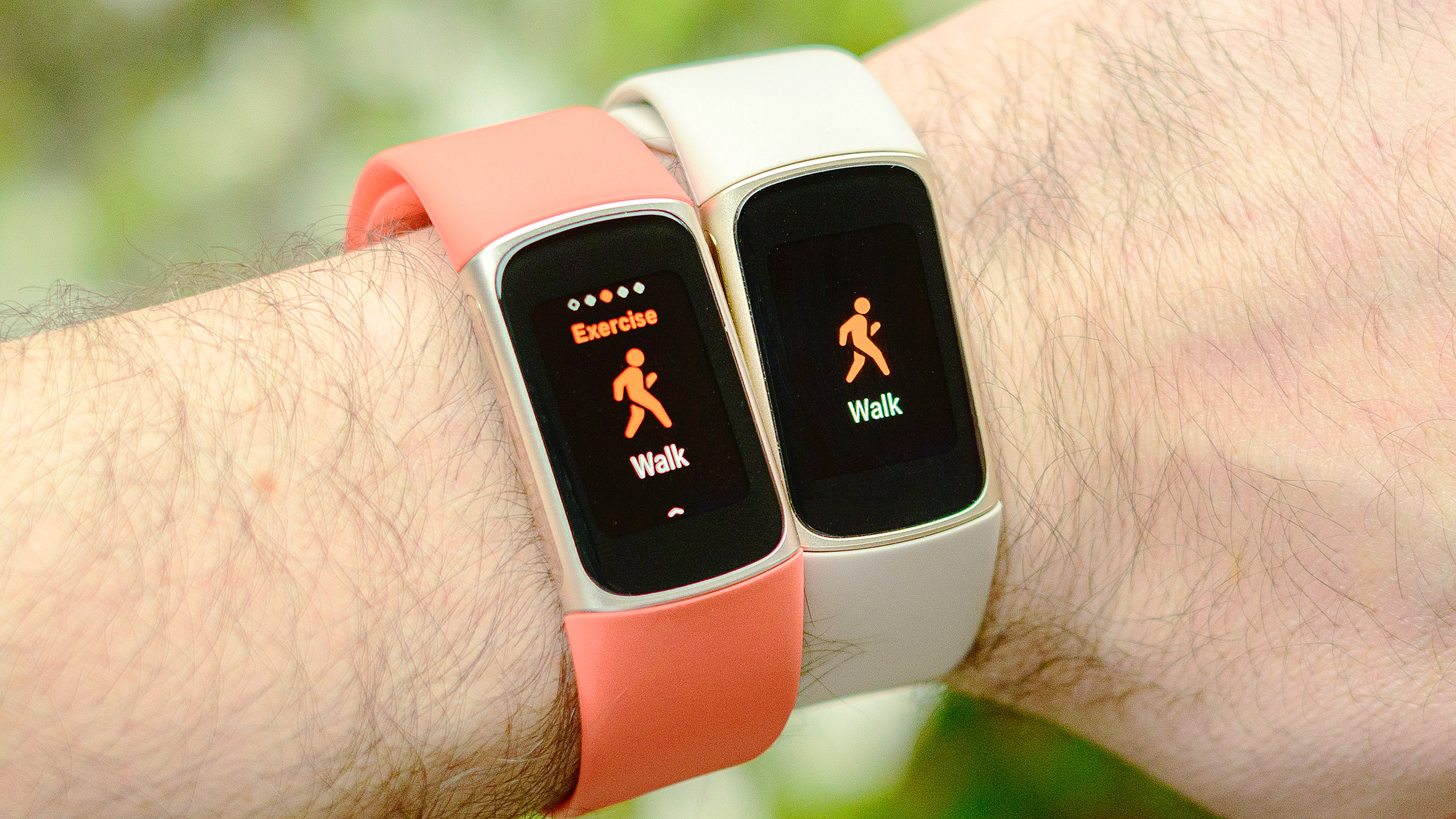
For this head-to-head walk test, the laurel goes to the Fitbit Charge 6. It wins by the skin of its teeth — or exactly six paces — over its predecessor, the Fitbit Charge 5. It wins in distance accuracy by less than a tenth of a mile.
Of course, this doesn't mean the Charge 5 is a stinker but it does mean that the Charge 6 is likely the better buy in most cases, even if it currently costs a little more than its older sibling.
More from Tom's Guide
- Move over Withings — 5 reasons why the Pininfarina Senso is my new favorite hybrid smartwatch
- Apple Watch X — 5 upgrades Apple needs to make
- I walked over 5,000 steps with Apple Watch SE vs G-Shock Move — here's the winner

Dan Bracaglia is the Tom’s Guide editorial lead for all things smartwatches, fitness trackers and outdoor gear. With 15 years of experience as a consumer technology journalist testing everything from Oura Rings to instant cameras, Dan is deeply passionate about helping readers save money and make informed purchasing decisions. In the past year alone, Dan has assessed major product releases from the likes of Apple, Garmin, Google, Samsung, Polar and many others.
An avid outdoor adventurer, Dan is based in the U.S. Pacific Northwest where he takes advantage of the beautiful surroundings every chance he gets. A lover of kayaking, hiking, swimming, biking, snowboarding and exploring, he also makes every effort to combine his day job with his passions. When not assessing the sleep tracking and heart rate accuracy of the latest tach gadgets, you can find him photographing Seattle’s vibrant underground music community.
 Club Benefits
Club Benefits





